This website uses cookies so that we can provide you with the best user experience possible. Cookie information is stored in your browser and performs functions such as recognising you when you return to our website and helping our team to understand which sections of the website you find most interesting and useful.
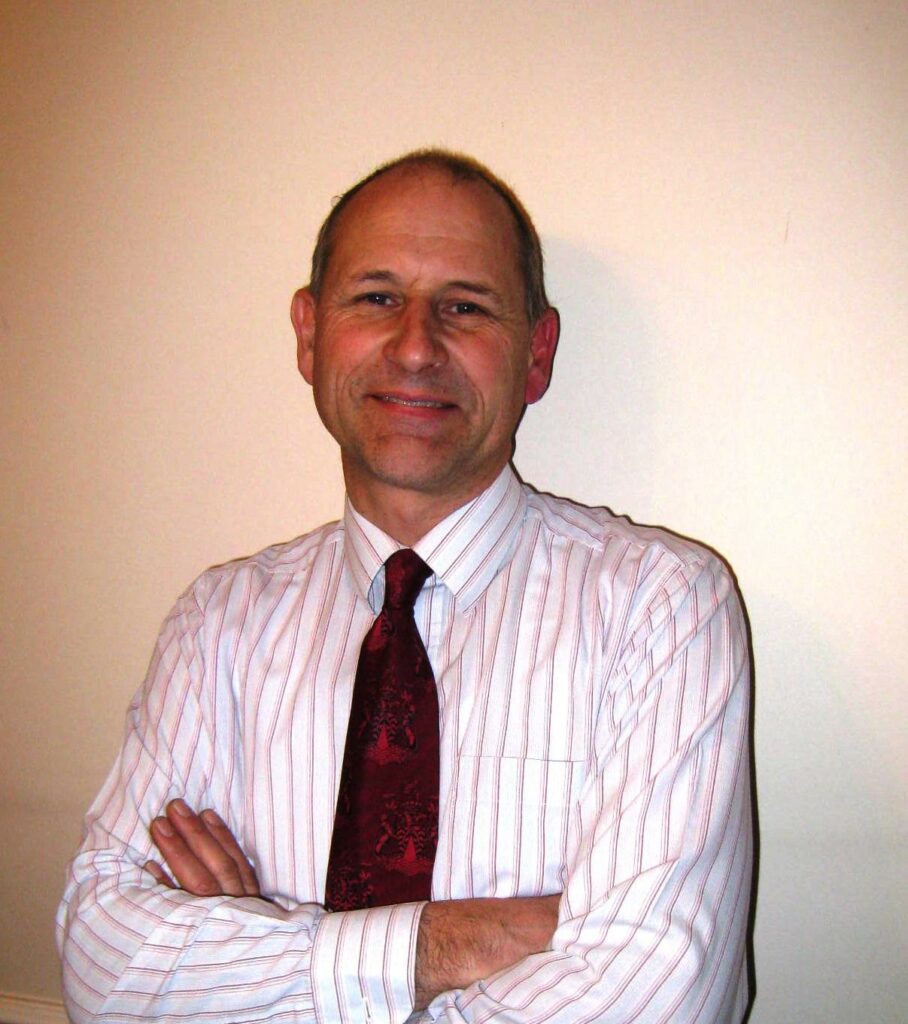
Simon Millyard
Chair of the workshop – Trinity House
Simon started out in his career as a Marine Engineer cadet with the Royal Fleet Auxiliary service in 1973. He progressed his career at sea gaining his 1st class certificate of competency in 1983 and a Chartered Engineer with the Institute of Marine Engineering, Science & Technology in 2011. After 10 years travelling the world with the RFA as a ships Engineering Officer, he left the sea to join his new wife ashore. Following a brief foray in technical sales, he joined Watneys brewery in London as part of the Engineering Management team which was a fast learning curve with new technologies and working practices to get to grips with. After three years at Watneys and a spell in a printing works, he moved to Greene King Brewery in Suffolk to pursue his interest both in brewery engineering and a taste for fine ales. During the 11 years at Greene King he rose to the post of Brewery Manager and finally to Chief Engineer of what was by then one of the countries premier breweries. Simon’s tenure oversaw the company double in size at a time of increasing automation and a quest for quality, efficiency and cost control. The call of the sea was never far away and in 2003 he joined the Royal National Lifeboat Institution as a Divisional Engineer responsible for maintaining the engineering standards on a fleet of fast modern lifeboats. The RNLI introduced Simon to the world of maritime safety and was soon in the post of Divisional General Manager with them. This unique organisation works to the highest standards of design and maintenance of quality standards in a marine environment which was to prepare him well for his next career move. In 2008, he joined Trinity House and until 2019 was Head of Engineering & Operations responsible for the design, maintenance and operation of maritime Aids to Navigation. This encompasses a huge range of interesting technologies from ancient monument maintenance to satellite telemetry and many areas in between. Since 2010 he has represented Trinity House at IALA and now is Chairman of the IALA Engineering & Sustainability Committee. He is now working part time for Trinity House in training and IALA representation. Simon is a family man with 4 children, one of whom has followed his footsteps into a career at sea. He tries to keep fit by playing tennis and challenging younger colleagues (with mixed success) on the squash court. He spends his spare time with the second love of his life which is sailing his yacht around the Coast of Britain.
Paul Mueller
Chair of the workshop – Chief Engineer for Half-PI Electronic Product
Paul has a bachelor’s degree in Physics from Ithaca College. His entire career has been in engineering, designing electronic instruments and control systems. Interesting past projects include an automobile tire testing machine and a golf swing analyzer. His specialties are electronics and software. Paul designed marine aids to navigation (including racons) for Tideland Signal for over 29 years. Paul is currently Chief Engineer for Half-PI Electronic Product Development, a company owned by his family. Paul volunteers for the Arc of Spring Branch/Memorial and Special Olympics.
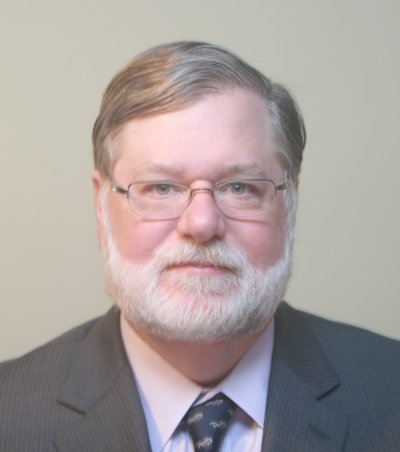
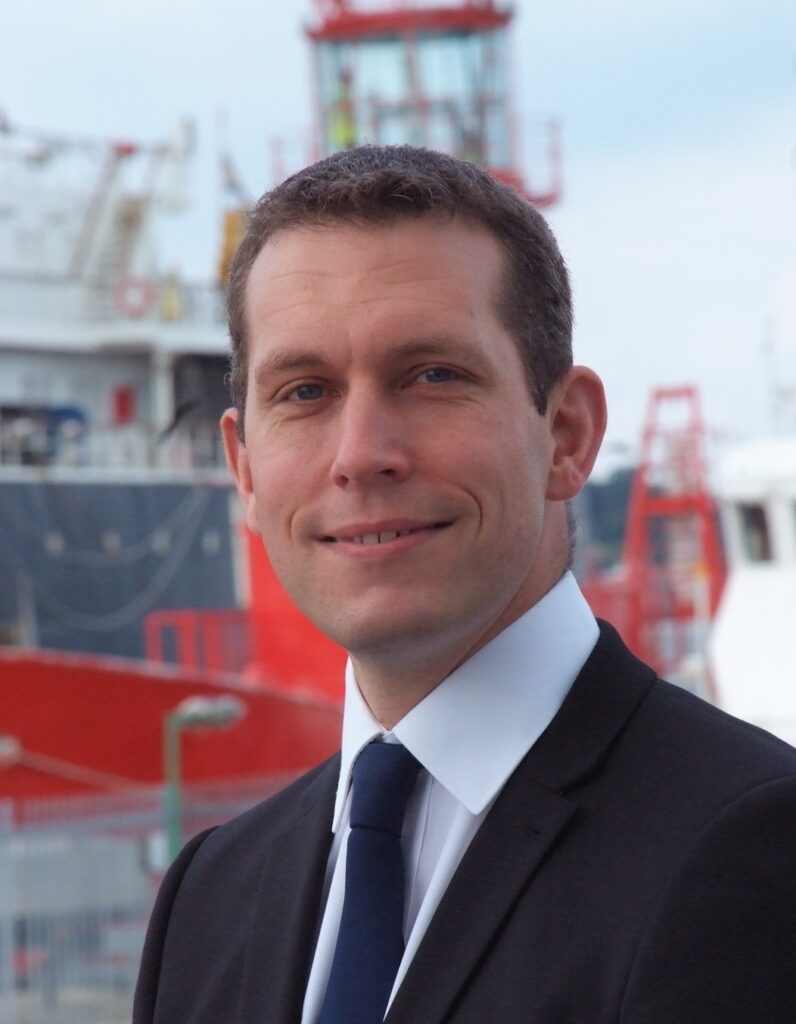
Alan Grant
Working group Chair – Research and Development General Lighthouse Authorities
Dr Alan Grant is Head of Research and Development at the General Lighthouse Authorities of the UK and Ireland (GLA), where he manages the GLA’s research and development programme, seeking to improve maritime safety through the development of innovative and cost effective maritime Aids-to-Navigation (AtoN). Alan chairs the radionavigation services working group within the IALA ENG Committee, is a Fellow and Trustee of the Royal Institute of Navigation, a member of the US Institute of navigation and is a Chartered Engineer and Physicist.
Michael Hoppe
Working group vice Chair – German Federal Waterways and Shipping Administration
Michael Hoppe received his diploma as a radio engineer in 1990. Since 1991 he has been working for the German Federal Waterways and Shipping Administration in various positions. He is responsible for the field of radio navigation systems for maritime and inland waterways applications. Michael Hoppe is a member of various national and international working groups dealing with development and standardization of integrated PNT systems. At present, he is acting as vice chair of the PNT WG within the IALA Engineering Committee.

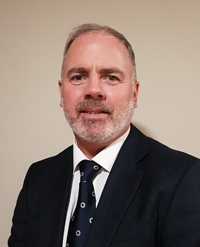
Ronan Boyle
Working group Chair – Research and Development General Lighthouse Authorities
Ronan Boyle is the Director of eNavigation and Maritime Services at Irish Lights, where he leads the development of strategy and policy relating to future eNavigation services, in addition to heading up current service delivery through the Irish Lights vessel Granuaile.
Guillaume Martin
General view on ERPS concept – University of Nantes
Guillaume is a second-year PhD student at the University of Nantes (France) with the IETR UMR CNRS 6164 Laboratory (Institut d’Electronique et des Technologies du numeRique)for AMG Microwave a company with expertise in the radio and microwave fields. His current task is to develop a new generations of racons. He received a master of science and engineering degree in numerical system engineering from the Ecole Nationale Supérieur des Sciences Appliquées et de Technologie (ENSSAT), Lannion (France) in 2020. His research interests include machine learning for radar detection such as statistical learning and deep learning.
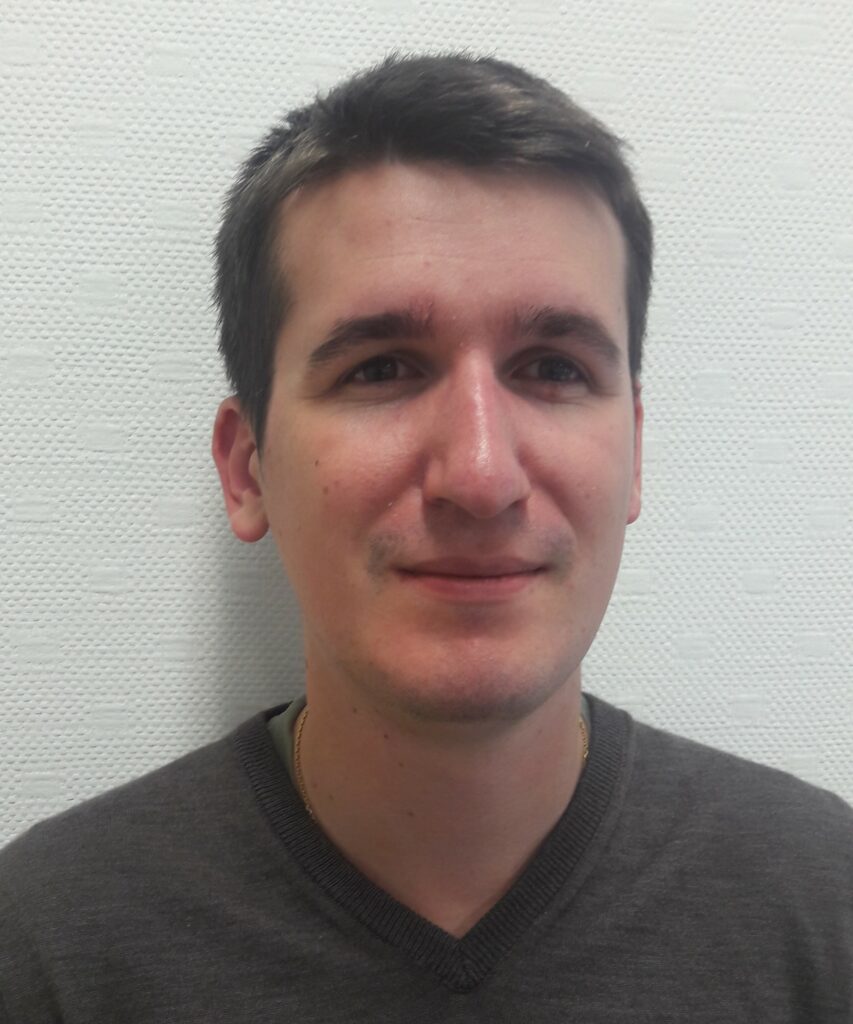

Mario Walterfang
Need for standardisation and appointed bodies – German Federal Waterways and Shipping Administration
Mario received his diploma as a radio engineer in 1994. Since then, he has been working for the German Federal Waterways and Shipping Administration with an intermediate position as a software developer. He has worked in the areas of differential GNSS systems, VHF communications and AIS. Since 2012, he has been a senior radar expert and head of the radar laboratory. He is responsible for the type approval of inland radar equipment. Mario is an active member of ETSI for the standardization of navigation radar equipment (TGMARINE), vice-chairman of the CCNR RIS/G ad hoc working group TGAIN, expert in the RIS/G working group and vice-chairman of the CESNI/TI Inland ECDIS expert group and also active as radar expert for IALA in the field of radar reflectors.
Pablo Racionero
Need for standardisation and appointed bodies – Pharos Marine
Pablo Racionero holds a BEng + MSc degree in Civil Engineering with specialization in Ports Engineering and he is a charted engineer by the Spanish Institution of Civil Engineers. After graduating in 2011 he started his career at Abengoa, a leading international company in the energy and environment sectors, working as a quality engineer for international water treatment projects in Africa and Asia. In 2013 he moved to London and joined GWC Ltd – event provider on the development of renewable energy around the world- as the Head of Research and Business Development. In 2015 Pablo started his journey into the Aids to Navigation industry joining Pharos Marine Automatic Power Ltd. After 6 years, different positions in the company and even a 10-month break working for Northrop Grumman Sperry Marine -leading Radar and Navigation systems- he currently holds the position of Principal Business Development Engineer at Pharos Marine. He is focused on product design and product development as well as providing complex AtoN projects proposals and technical support.


